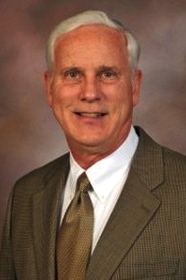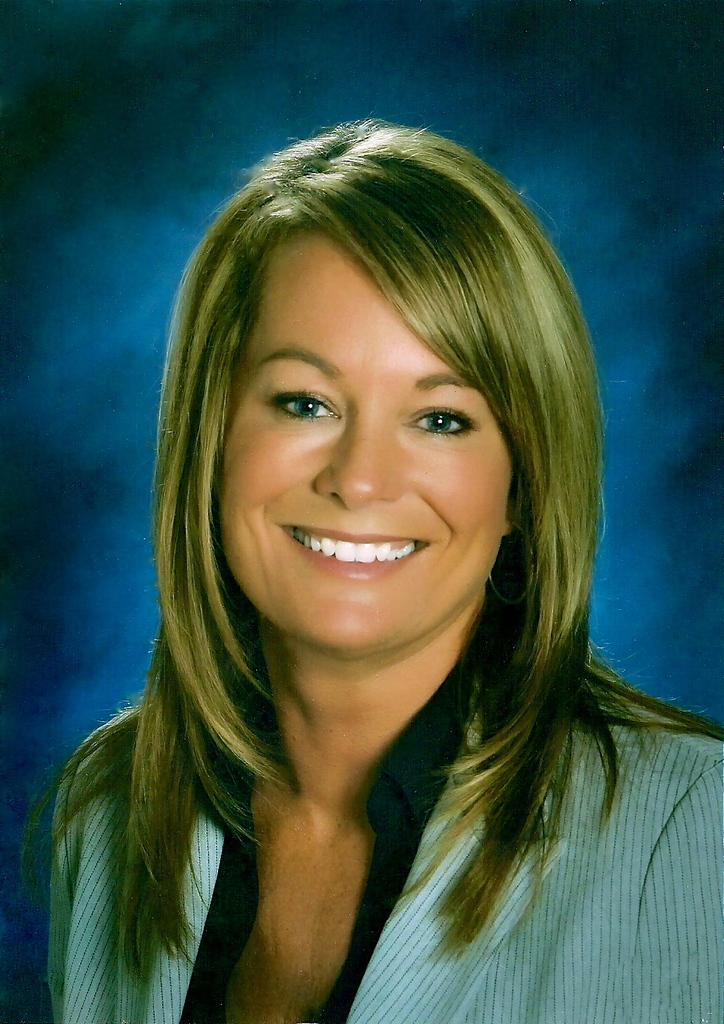Idaho might be able to boost payments to public schools, without compromising the long-term health of its state land endowment accounts, according to two of the four Republican candidates for state schools superintendent.

Andy Grover of Melba and John Eynon of Grangeville indicated support for such a move, which has been advocated by outgoing State Superintendent Tom Luna. But this has proven to be a tough sell on the all-Republican state Land Board. Luna has argued unsuccessfully to boost the $31.3 million annual payment to keep pace with inflation and enrollment growth, while his Land Board colleagues opted to build reserve to cover five years of payments.
The next superintendent will inherit Luna’s spot on the Land Board. The five elected officials on the Land Board — state schools superintendent, governor, secretary of state, attorney general and controller — meet at least monthly to guide state policy on Idaho’s endowment lands. K-12 is by far the largest endowment beneficiary.

All five Land Board seats are up for grabs in 2014, and all five Republican races are contested on May 20. Idaho Education News surveyed the GOP candidates on Land Board issues. You can read their answers in full by clicking on their names.
Here are thumbnails from the five races:
Superintendent of public instruction
Of the four GOP candidates, Eynon voiced the strongest support for boosting school payments. “Recent history shows that the reserve fund has been adequate and that some boost could be made to K-12,” said Eynon, a music and drama teacher.
Said Grover, superintendent of the Melba School District: “While I do not support shrinking reserve funds to levels that would put distributions in jeopardy, I believe that we can both increase the distribution to public schools while protecting our reserve fund and future generations of beneficiaries.”


American Falls principal Randy Jensen did not say whether he thought the payments could be increased. But he said any increase should be spread over several years. “A steady source is better than a rapid increase one year with a decrease in the following years.”
Mountain Home educator Sherri Ybarra also didn’t say whether she supported boosting the payment, but took a cautious tone. “With the fund balance, the board is required to maintain a focus on future students, as well as current students to provide equity in funding as well as to minimize the unpredictability in payments.”
Governor
State Sen. Russ Fulcher said the Land Board should stay out of the commercial property business — but also says the state would simply make more money in the traditional resource business anyway.
“It is not necessary for the state to be buying commercial properties when the lumber industry is improving,” said Fulcher. “The Idaho Forest Industry reports that since 2009, sales are up in lumber, paper and other primary wood products, and secondary wood products. This is due to better housing starts, more demand from overseas, and smaller supplies coming out of Canada (especially British Columbia and Quebec).”
Incumbent Butch Otter voted in February to suspend commercial property acquistions; the motion passed on a 5-0 vote.
Otter did not fill out a Land Board questionnaire. Nor did perennial candidates Harley Brown of Nampa and Walter Bayes of Emmett.
Secretary of state
The candidates to succeed the retiring Ben Ysursa appear closely aligned on a hot-button issue: transferring public lands from the federal government to the state. Proponents say the move would provide a boon to K-12 and other endowment beneficiaries. Opponents say the move would saddle the state with exorbitant costs of fighting fires and managing lands; they cite a recent Congressional Research Service report that says Uncle Sam spent $392 million managing federal lands in Idaho in 2011-12.
But former state Sen. Mitch Toryanski of Boise instead cites a state Lands Department memo from 2013, that suggests the move could yield $51 million to $75 million a year. “I believe the transfer of management of certain federal lands to the state will result in a net gain to the state.”
State Rep. Lawerence Denney of Midvale also is skeptical of the CRS findings. “What I do know is that the state returns $30 million to $40 million annually to the endowments from managing the 2.4 million acres of endowment land,” said Denney, co-chairman of a legislative committee spending the next nine months studying the transfer issue. “I cannot see that the return per acre would be much less on very similar land that is currently managed by the federal government if the state of Idaho were in control.”
Like Toryanski, Deputy Ada County clerk Phil McGrane says he supports Rep. Raul Labrador’s pilot proposal for lands transfers. “This will allow the state the opportunity to manage transferred lands with reduced risk in an effort to ensure that we can manage these lands in a cost-effective manner.”
The fourth Republican candidate, former legislator Evan Frasure, did not complete a questionnaire.
Attorney general
Incumbent Lawrence Wasden and challenger Chris Troupis take decidedly different views on the lands transfer and commercial properties issues.
Troupis, an Eagle attorney, says the lands transfer would make the state money; “the state Land Board already manages Idaho lands profitably while the federal government loses money on adjacent federal lands.” He also says the state should divest itself of commercial properties “as expeditiously as possible.”
In an expansive response on the lands transfer issue, Wasden says the state has a poor legal case to demand federal lands — and cannot expect much help from attorneys general in neighboring states. Wasden also isn’t sold on the bottom-line impacts. “It could be a net loss or it could not be. We do not yet have sufficient information to know.”
Wasden says the state should generally avoid competing with the private sector, but the state Constitution complicates the commercial properties question. The Constitution requires the Land Board to pursue the maximum long-range return on endowment properties. “We compete with timberland owners like Potlatch exactly in the same way as we compete with commercial landowners. The same applies to cottage sites, agricultural land and grazing land. The board cannot avoid competing in the marketplace because the market is the only place the board can make money.”
Controller
Incumbent Brandon Woolf and challenger Todd Hatfield clash somewhat on the commercial property issue.
Woolf believes the commercial property moratorium gives the board a chance to get out of the business entirely. “I see no compelling reasons to add additional commercial real estate to the portfolio. In fact, I believe there are compelling financial reasons to divest of commercial properties, and I am working towards helping the board develop an appropriate divesture plan.”
Hatfield, who opposes the state’s acquisition of commercial properties, accuses the Land Board of playing politics. “The suspension of commercial acquisitions for one year was simply an election-year calculation to avoid any more embarrassing decisions. The Land Board decided, and spent approximately $200,000 just a couple years ago to implement this policy, and is now taking another $100,000 from the endowments just to review the policy.”
